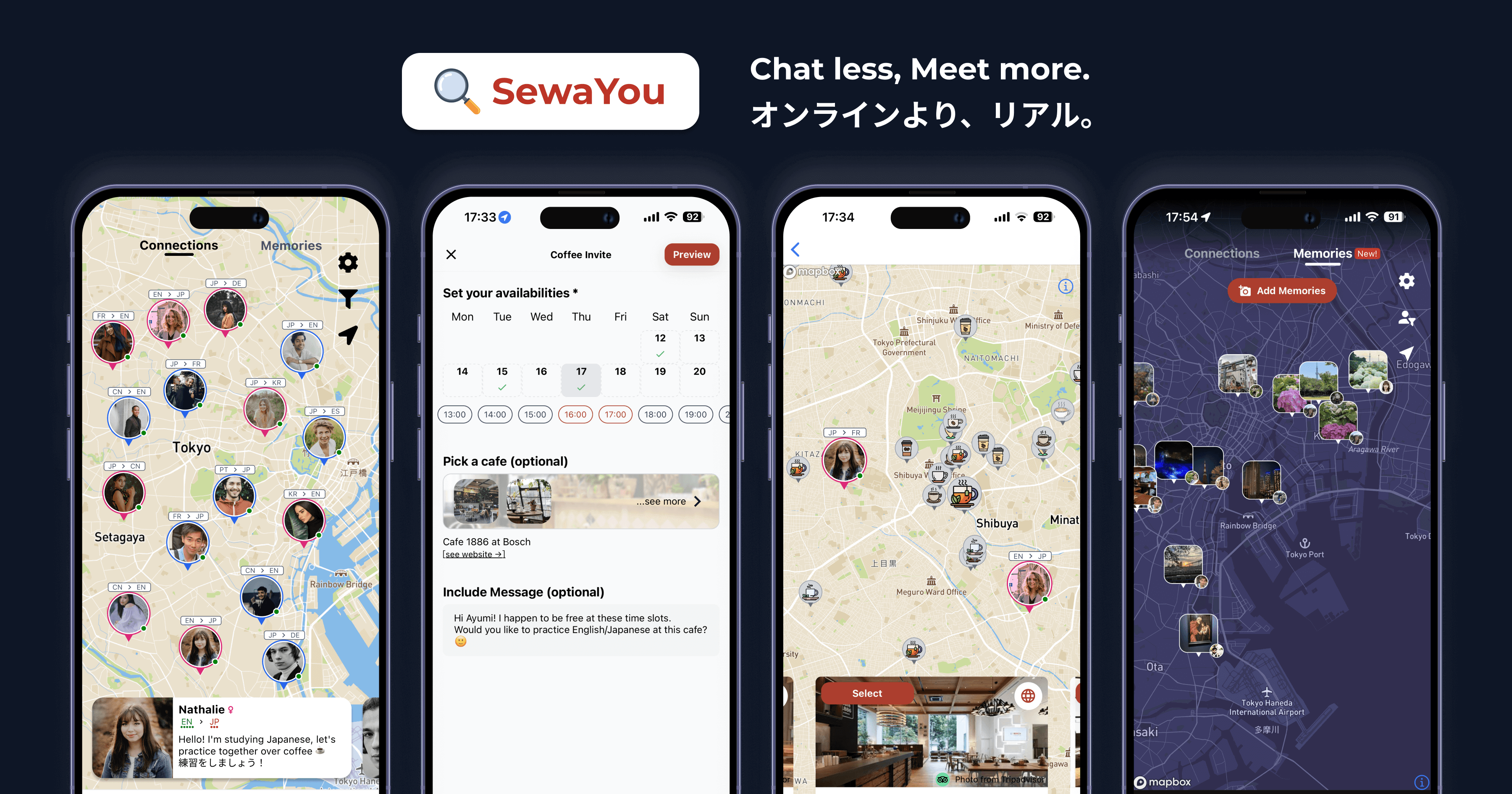
Mastering a foreign language is more about managing your personal time and prioritizing tasks.
It's like people who are trying to lose weight, they know exactly what they need to do. Things like eating less junk food and do more exercises, but they don't actually do it.
When it comes to improving your language skills, it's likely the same that your brain will encounter a wall when you try to sit down and study. It won't last long before you give up, and you'll be stuck at the same level that you were before.
The most important thing is rather squeezing and creating some time. You have to alternate between passive and active studies. Passive study is whatever you do to indirectly absorb information about your target language. Be it listening to some songs to get your ears used to the pronunciation. Or watching YouTube or Netflix with some subtitles in that language.
People that don't master a language that they're learning for years, are really good at making excuses for themselves. You hear a lot of I don't have time., I need to go abroad to practice with real natives, and so on. I'm pretty sure that you know some friends that do that. There are also as many people who succeeded to master a foreign language. They are not less busy than other people making excuses, and might not been abroad neither.

I'm talking about those who always say things like: I need to sit in a classroom, paying a teacher to teach a topic that I'm interested in. But that's not how learning a language works. You don't selectively choose a topic to talk about. That won't stick. You'll feel a sense of satisfaction being there and going through what you wanted to talk/study about. You just hear what you wanted to hear.
Studying a foreign language is a matter of collecting as many dots as possible, then over time connecting them together.
When you choose a topic to study or to talk about, you will perceive some already connected dots made by other people for you. You need to create those dots and connect them together by yourself, otherwise it will never stick in your brain.
The way you will remember things, is not by seeing them taught by someone else to you, but rather when you are discovering them by yourself.
You see, when something takes space in our calendar, we give it a certain priority. Since learning a foreign language is more like taking vitamins rather than a pain killer. It's not urgent, so we don't focus on those tasks. They then get really low in our priority list.

Unless you have a TOEIC test or some language exam, you won't prioritize much on learning. So the key here is to find a way to make learning a language something that you do even when it's not explicitly set on your calendar.
Those things are like listening to some podcasts/books while going to the gym, reviewing your Anki flashcards while commuting on a train.
I can't count how many times I see people playing Candy Crush on the train. Those are the same people that complain that they don't have time, and still suck for decades in the language they are learning.
This applies to practically everything we do in life. Small consistent commitments is way better than a big chunk of time dedicated to something. The weight, thus the mental block, of long task push you back from doing the actual thing. Make those tasks smaller and systematic will guarantee that you'll execute on it.
I know a lot of Japanese friends who attend some English private school (英会話). That's a good initiative, but there is a problem. By having this on their calendar, anything else related to learning English are then wiped out from their tasks list on the other days of the week.
Been here and done that. Spending one hour a week in a private classroom won't bring you any progress given the money spent. It's just not worth it.
Language classrooms won't be able to simulate the real-life situation that you need to improve in learning a foreign language. The teacher will be speaking slowly to keep up with your pace. There is no background noise as in real-life situation. You'll discuss about a topic that you picked and you'll see some use cases and feel content with that.

Studying in a classroom doesn't reflect real-world situations. Especially, it won't help you to get to the next level because the nature of a classroom itself is limiting.
No matter how well the lesson was, the next day if you don't try to connect the pieces that you've learned, you won't remember anything and it won't stick.
The sense of satisfaction coming from those short lesson sessions is a pitfall. It's like spending the whole day reading motivational quotes without actually getting things done.
Think about it. For example there is a test called JLPT to evaluate your Japanese proficiency. To get the lowest level (N5), you'll need to spend 325 ~ 600 hours studying. By spending 30$ * 52 = $1560 a year, you'll get ~50 hours worth of study. This will be 10% of what's required to get the lowest proficiency level. Is it really worth it? 😬
You squeeze in some short time slot to passively study, and you commit to longer active study. I myself had to go through some Japanese textbooks to really get to the next level when it comes to complex grammar points.
This is the part where you actually connect the dots. The passive study is the phase where you discover new words and new expressions. You got to absorb the intonation and pronunciation, without really remembering or make them sticked.
But during the active study phase, that's where you need to struggle a little bit to make things sticked. For example, my personal rule of thumb is to check a word in a dictionary only when I saw it already at least 3 times. Do not confuse Active study with being stuck with a textbook on a desk. Followings are the tasks that you can do during this phase:

Since you create or deliberately search for information, you will retain information better than if you were to receive the information.
For example, I'm writing this blog post in a language that's not my native language. So every sentence that I'm writing requires a little bit of effort to connect what I've previously learned. I look for synonym or words, or alternative phrasings. All those deliberate acts will compound over time, and it will become a habit.
You still need to get out there and meet real people, be it natives or just fellows that are learning the same language as you. You will need to output and actually practice what you've learned.
Shameless plug: give it a try to our language exchange app SewaYou, which allows you to easily find natives language partners around your area.

Practicing in real-life and actually seeing people understand what you're saying is definitely the most satisfaction feeling. It's way more satisfying than attending a language school and being praised by the teacher (who said fake praise? 🤓). You might take a hit to your ego!


